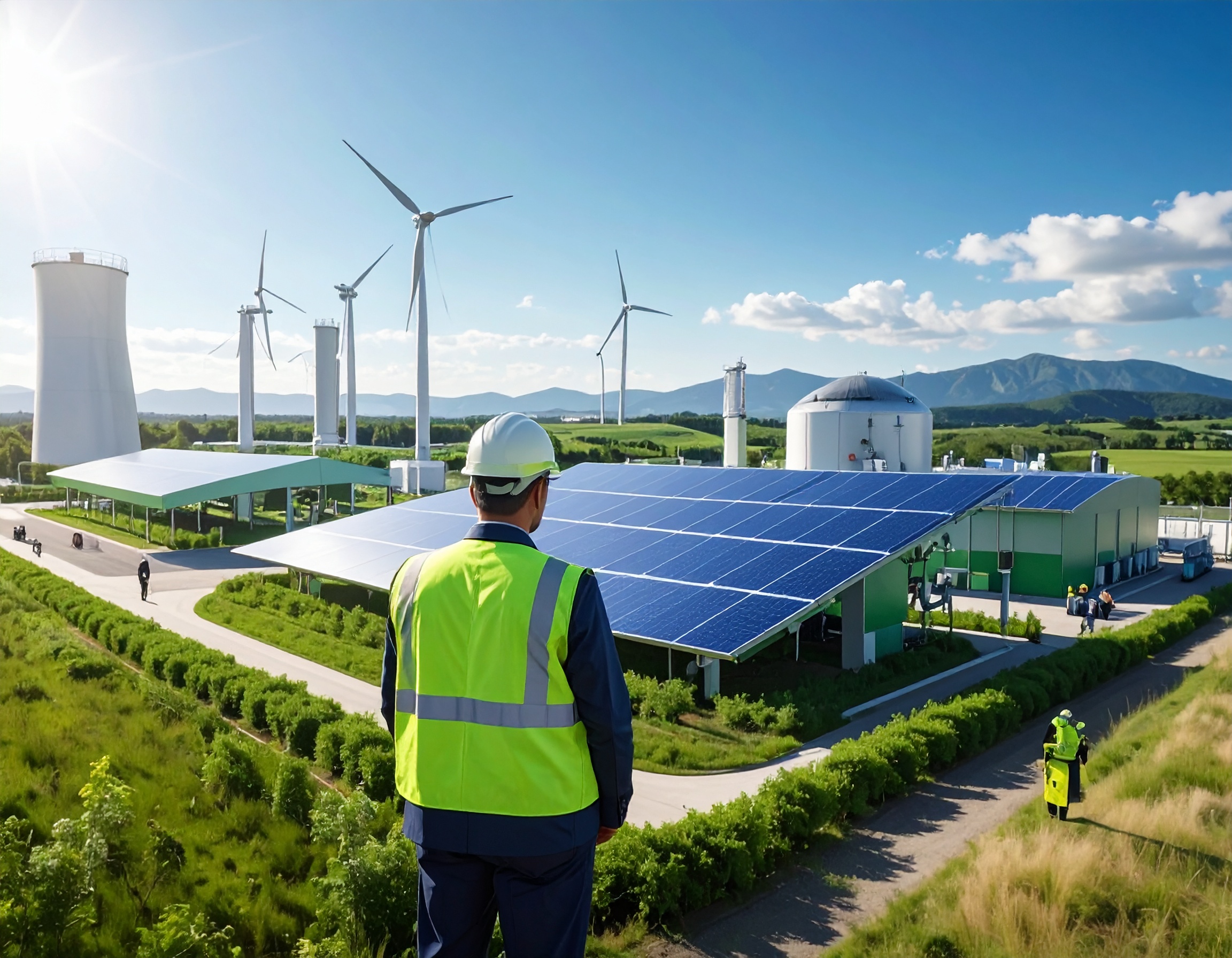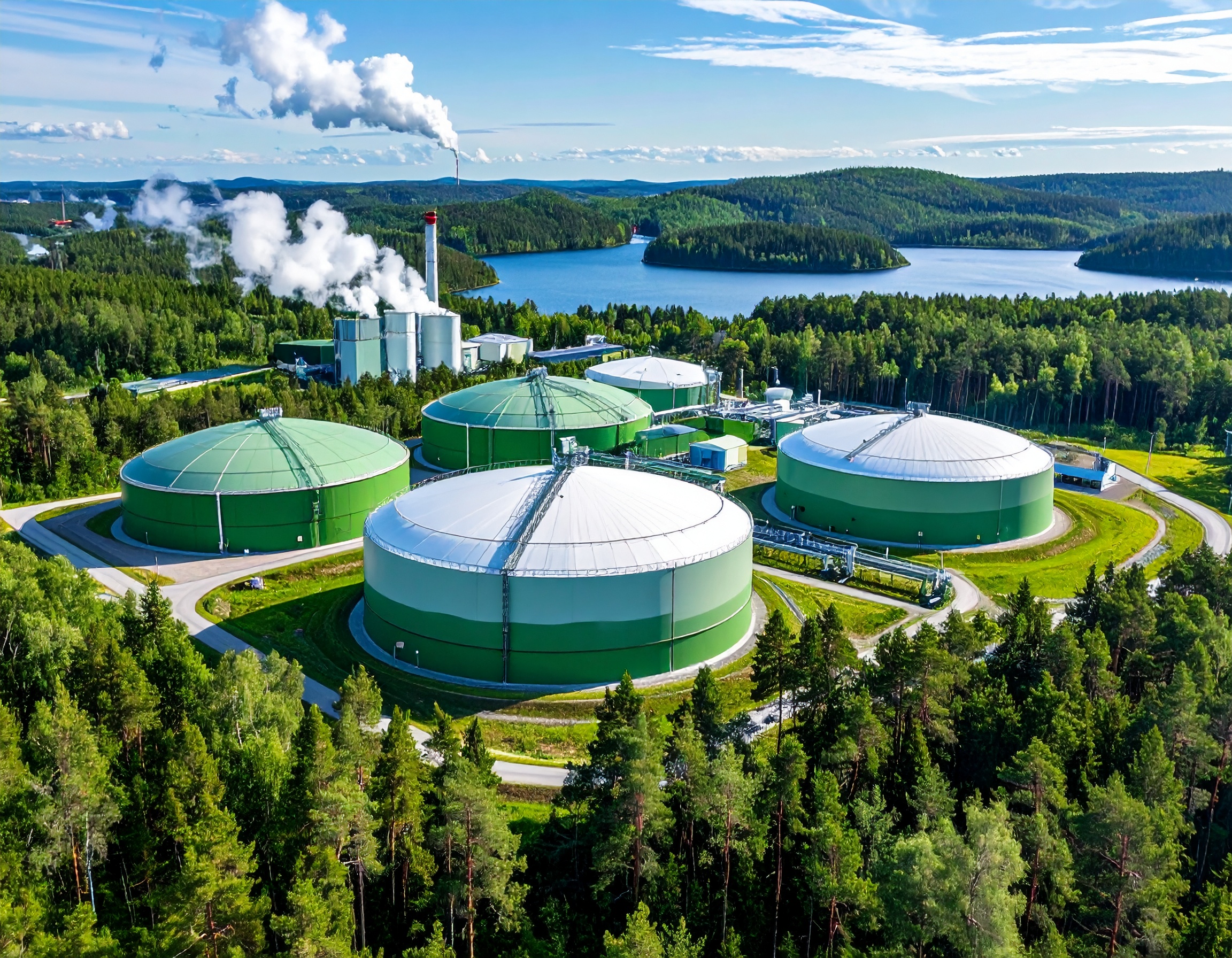Ed Miliband Faces Cabinet Rift as Teesside Mega-Project Sparks £100 Billion Showdown

A high-stakes government clash has emerged over the future of Teesside, with a £100 billion development poised to transform the region into the UK’s technology powerhouse. At the centre of the debate: whether AI data centres or a net-zero hydrogen plant should lead the region’s industrial renaissance.
Teesside’s 4,500-acre Teesworks site, once the beating heart of Britain’s steel industry, is now one of Europe’s largest brownfield sites. Developers Chris Musgrave and Martin Corney, who control 90% of Teesworks, have unveiled plans for a mammoth AI data centre, four times larger than America’s largest. Backed by major tech players including Amazon, Microsoft, and Google, the project aims to host Britain’s version of ChatGPT, creating thousands of high-skilled jobs and delivering significant cost savings for the NHS and national defence.
However, the ambitious scheme faces a formidable rival. BP is proposing H2Teesside, a blue hydrogen plant designed to produce a tenth of the UK’s 2030 hydrogen target. The project would use natural gas, split it into hydrogen, and sequester carbon dioxide through advanced carbon capture, utilisation, and storage (CCUS). But both projects cannot co-exist on the same land, triggering a tense cabinet showdown.
Energy Secretary Ed Miliband has voiced support for BP’s hydrogen initiative, while Prime Minister Sir Keir Starmer and Business Secretary Peter Kyle have aligned with Lord Ben Houchen, Teesside’s Conservative mayor, to champion the AI development. The dispute highlights a broader debate over the UK’s industrial and net-zero priorities, pitting climate-linked energy projects against high-tech innovation.
“Teesside has the opportunity to transition from steel to silicon, becoming the centre of next-generation industries,” Kyle said, advocating for the region’s designation as an “AI Growth Zone.” Houchen echoed these sentiments, noting that the AI centre could generate over 4,000 jobs and attract more than £100 billion in investment, compared to the hydrogen project’s smaller scale.
Teesside’s transformation has not been without challenges. Decades of steelmaking left the site heavily contaminated, requiring extensive remediation. A public-private partnership with Musgrave and Corney turned initial controversy into opportunity, securing electricity connections and enabling large-scale industrial redevelopment.
While BP submitted a development consent order (DCO) for H2Teesside in March 2024, delays and doubts about delivery have intensified speculation that the project could be shelved. Miliband’s decision on the DCO, now extended to late October, remains the decisive factor. Local observers note that a single governmental approval could dramatically reshape Teesside’s economic future.
Houchen emphasised the critical role of the private sector: “We wouldn’t be creating a single job on Teesside without the investment, expertise, and ambition of our developers. They bring the skills, vision, and financial backing that make this transformation possible.”
As Teesside waits for the government’s verdict, the region stands on the brink of either a high-tech renaissance or a continuation of its industrial legacy, reflecting the UK’s broader struggle to balance net-zero ambitions with economic growth and innovation.

